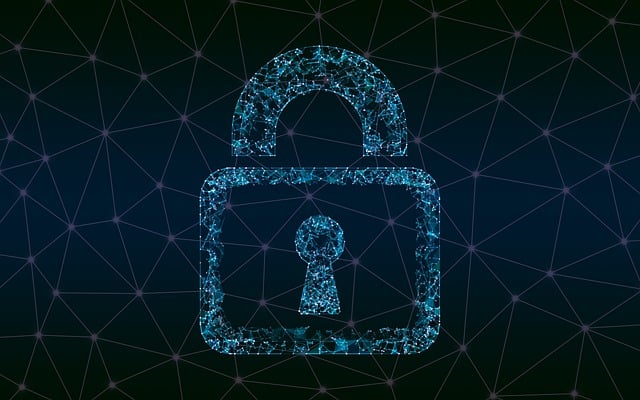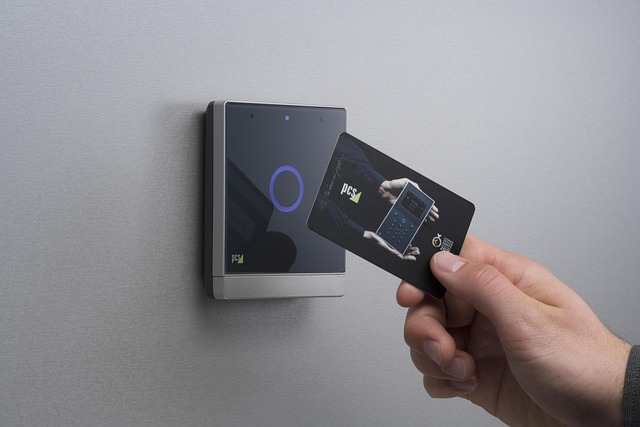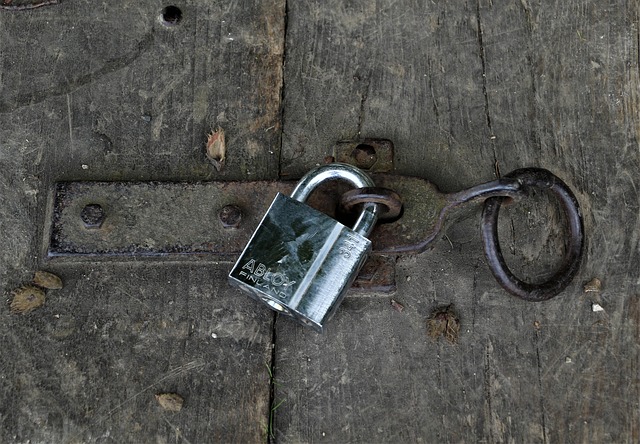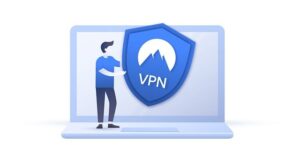Accounting and CPA firms face heightened cybersecurity risks due to handling sensitive financial data in a digitalized world. To mitigate these threats, they must implement robust compliance security measures. This includes strong firewalls, regular staff training on best practices, multi-layered technological solutions, and adherence to legal standards like GDPR and CCPA. A proactive approach involving continuous training, system audits, risk assessment, and secure communication protocols is crucial for protecting data and maintaining client trust. With remote work becoming essential, establishing a secure remote environment with updated software, firewalls, antivirus programs, and email encryption is vital. Regular cybersecurity audits and awareness campaigns further enhance compliance security by identifying vulnerabilities and fostering a culture of security consciousness among staff. Selecting the right cybersecurity partners offering specialized services aligned with accounting firms' unique needs is also strategic in fortifying digital defenses.
“In the digital age, accounting and CPA firms face distinct cybersecurity challenges. This article explores tailored solutions to fortify your practice against evolving threats. From understanding the unique risks of handling sensitive financial data to implementing robust data protection measures, we delve into essential components of comprehensive security. Discover best practices for secure remote work environments, employee training, and compliance security—crucial elements in safeguarding client information. Learn how the right cybersecurity partners can ensure continuous support for your firm’s long-term success.”
- Understanding the Unique Cybersecurity Challenges for CPAs
- The Importance of Compliance Security in Accounting Firms
- Implementing Robust Data Protection Measures
- Building a Secure Remote Work Environment
- Regular Security Training and Employee Awareness
- Choosing the Right Cybersecurity Partners for Continuous Support
Understanding the Unique Cybersecurity Challenges for CPAs

Accounting and CPA firms face unique cybersecurity challenges due to the sensitive nature of financial data they handle. With increasing digitalisation, these professionals are now more vulnerable to cyber threats, such as data breaches and ransomware attacks. The risk is heightened by strict compliance regulations, like GDPR and CCPA, which mandate robust data security measures. Firms must ensure their systems are secure enough to protect client information while adhering to legal requirements.
A key aspect of addressing these challenges is implementing comprehensive compliance security for CPAs. This includes setting up robust firewalls for CPAs to act as a first line of defence against malicious attacks. Additionally, regular training on cybersecurity best practices for staff can significantly reduce the risk of human error leading to data breaches. CPA data security involves a multi-layered approach, combining technology solutions with strict protocols to safeguard accounting data from ever-evolving cyber threats.
The Importance of Compliance Security in Accounting Firms

In the realm of accounting and CPA firms, compliance security stands as a cornerstone of operational integrity and client trust. With sensitive financial data at their disposal, these professionals are not only custodians of figures but also guardians against potential cyber threats. Ensuring adherence to regulatory standards like GDPR or industry-specific guidelines, such as those set by AICPA, is more than just a legal imperative; it’s a fundamental step in safeguarding clients’ interests and maintaining the firm’s reputation.
Compliance security for CPAs goes beyond implementing robust firewalls for CPAs and setting up secure email encryption protocols. It involves a holistic approach that includes staff training on phishing protection, regular system audits, and proactive risk assessment. By integrating these measures, accounting firms can create an impenetrable barrier against cybercriminals, ensuring the confidentiality, integrity, and availability of their digital assets.
Implementing Robust Data Protection Measures

Cybersecurity is not just a buzzword; it’s a necessity for accounting and CPA firms dealing with sensitive financial data. Implementing robust data protection measures is crucial to maintain client trust and ensure compliance with security standards, such as SOC 2. With the rise of remote work, securing access from a distance has become even more critical. Effective strategies include deploying robust firewalls for CPAs and implementing phishing protection mechanisms to safeguard against malicious attacks.
Furthermore, leveraging secure remote access solutions ensures that only authorized personnel can access financial records, minimizing potential vulnerabilities. These measures not only protect the integrity of data but also help firms avoid costly data breaches and reputational damage. Compliance security for CPAs has evolved to meet the demands of a digital age, making it imperative to stay ahead of emerging cyber threats.
Building a Secure Remote Work Environment

In today’s digital era, remote work has become a necessity for many accounting and CPA firms. As such, building a secure remote work environment is paramount to ensuring compliance security for CPAs. This involves implementing robust cybersecurity measures that protect sensitive financial data and prevent unauthorized access. Firms should prioritize strong network security protocols, including regular updates and patches for software and hardware, as well as the use of firewalls and antivirus programs. Additionally, enabling email encryption ensures confidential communication between clients and employees, safeguarding against potential threats like phishing scams and data breaches.
IT compliance services play a crucial role in maintaining a secure remote work environment by conducting cybersecurity audits to identify vulnerabilities and recommend improvements. These audits assess the effectiveness of existing security measures, such as access controls, data backup procedures, and incident response plans. By addressing these areas, accounting firms can enhance their overall security posture and mitigate risks associated with remote work. This proactive approach not only safeguards sensitive financial information but also maintains trust with clients who rely on the integrity of their data.
Regular Security Training and Employee Awareness

Regular security training and employee awareness programs are indispensable components for enhancing compliance security among CPAs and accounting firms. These initiatives ensure that all staff members stay informed about emerging cyber threats, best practices, and protocols designed to protect sensitive financial data. By fostering a culture of security consciousness, firms can significantly reduce the risk of human error, which is often the weakest link in cybersecurity defenses. Regular training sessions should cover topics such as identifying phishing attempts, implementing strong password policies, and understanding the importance of email encryption when handling confidential client information.
Moreover, integrating these training programs with simulated phishing protection exercises allows employees to experience first-hand the consequences of falling for malicious schemes. Regular cybersecurity audits, coupled with proactive employee awareness campaigns, serve as a continuous reminder of the dynamic nature of cyber threats and the need for constant vigilance in maintaining compliance security standards.
Choosing the Right Cybersecurity Partners for Continuous Support

Selecting the ideal cybersecurity partners is a strategic move for accounting and CPA firms to ensure robust protection and continuous support in today’s digital landscape. With compliance security for CPAs being paramount, it’s essential to find experts who can offer specialized services tailored to the unique needs of these businesses. Look for partners that provide comprehensive coverage, from cybersecurity audits to advanced threat detection and response systems.
A reliable cybersecurity partner should also equip firms with tools for employee training in areas like phishing protection, a common vector for data breaches in accounting environments. By choosing the right support system, CPA firms can maintain the integrity of their financial records, protect client data, and navigate the complex world of compliance with ease.
